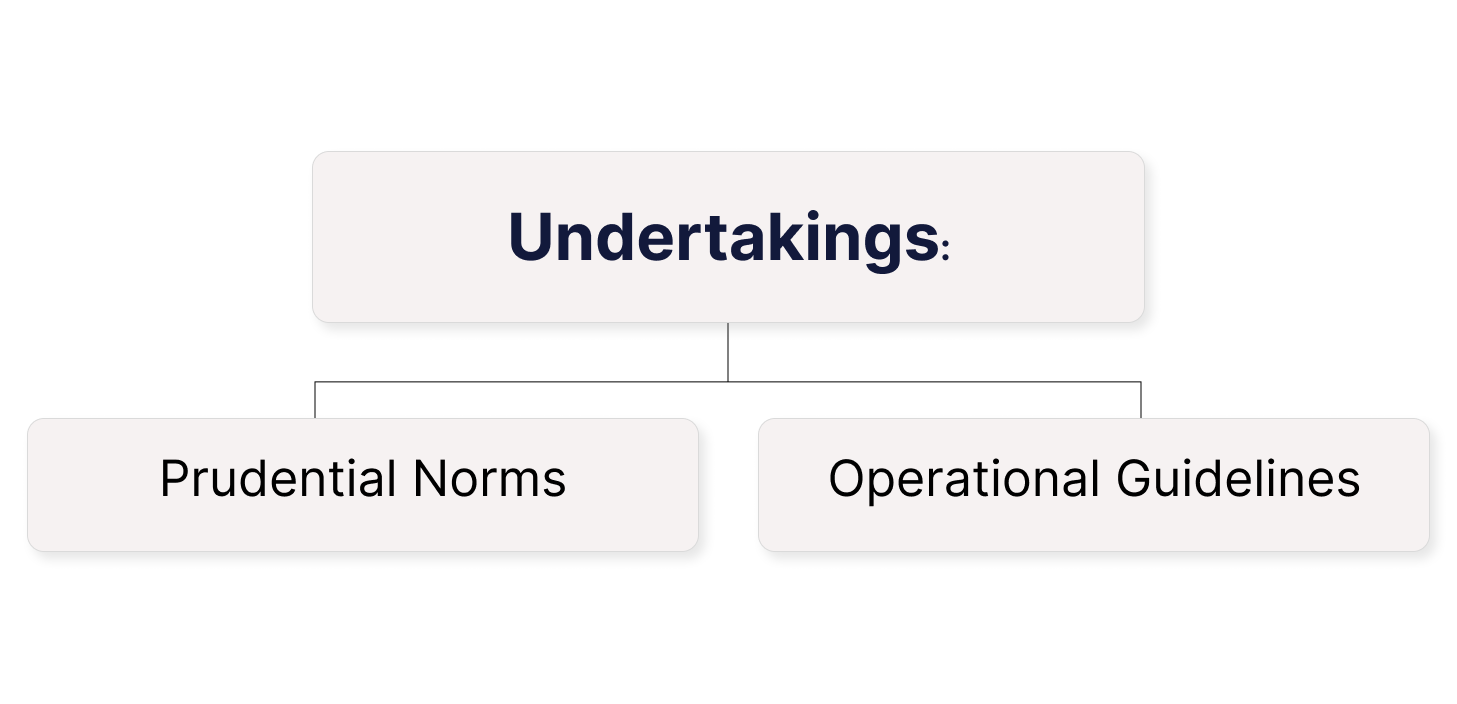Frequently Asked Questions – FAQs About P2P License
Q.1 What is P2P lending in India?
A. A P2P Lending license in India is the Certificate of Registration (CoR) given to NBFCs to start a P2P Landing platform. The CoR is part of the directions issued in NBFC- Peer to Peer Lending Platform Rules, 2017.
Q2. What is a P2P operator?
A. What is the meaning of a P2P operator? An online P2P operator is an NBFC holding a P2P license from the RBI.
Q3. Is P2P lending legal in India?
A. Yes. The RBI issues the P2P lending license.
Q4. When can an NBFC become a P2P platform?
A. As per the directions, once the applicant NBFC has obtained the certificate, it starts to be known as an NBFC-P2P Lending platform.
Q5. Can a P2P platform be related to a modern crowdfunding platform?
A. Registering on a peer-to-peer Lending platform is a modern form of crowdfunding in which lenders and buyers are in direct contact with each other, with no middleman involved.
Q6. How would you describe a P2P platform in India?
A. P2P lending platform is a tech-driven money lending and money borrowing platform that brings enthusiastic lenders and needful borrowers in a single place.
Q7. How does a P2P lending platform work?
A. Borrowers on a P2P platform can get interest rates tailored per their creditworthiness which is analyzed at the time of borrower registration. Lenders can earn interest rates that are reasonable to the borrowers but higher than what the banks provide.
Q8. How can we help you set up your P2P lending platform in India?
A. Setting up the platform is not an easy ordeal. If you wish to start such a platform, you need approval from the Reserve Bank of India in the form of P2P Lending registration. That's where Registrationwala comes in to make the process easy, affordable, and streamlined for you.

1.png)
.png)

.png)
1.png)
.png)
1.png)
2.png)